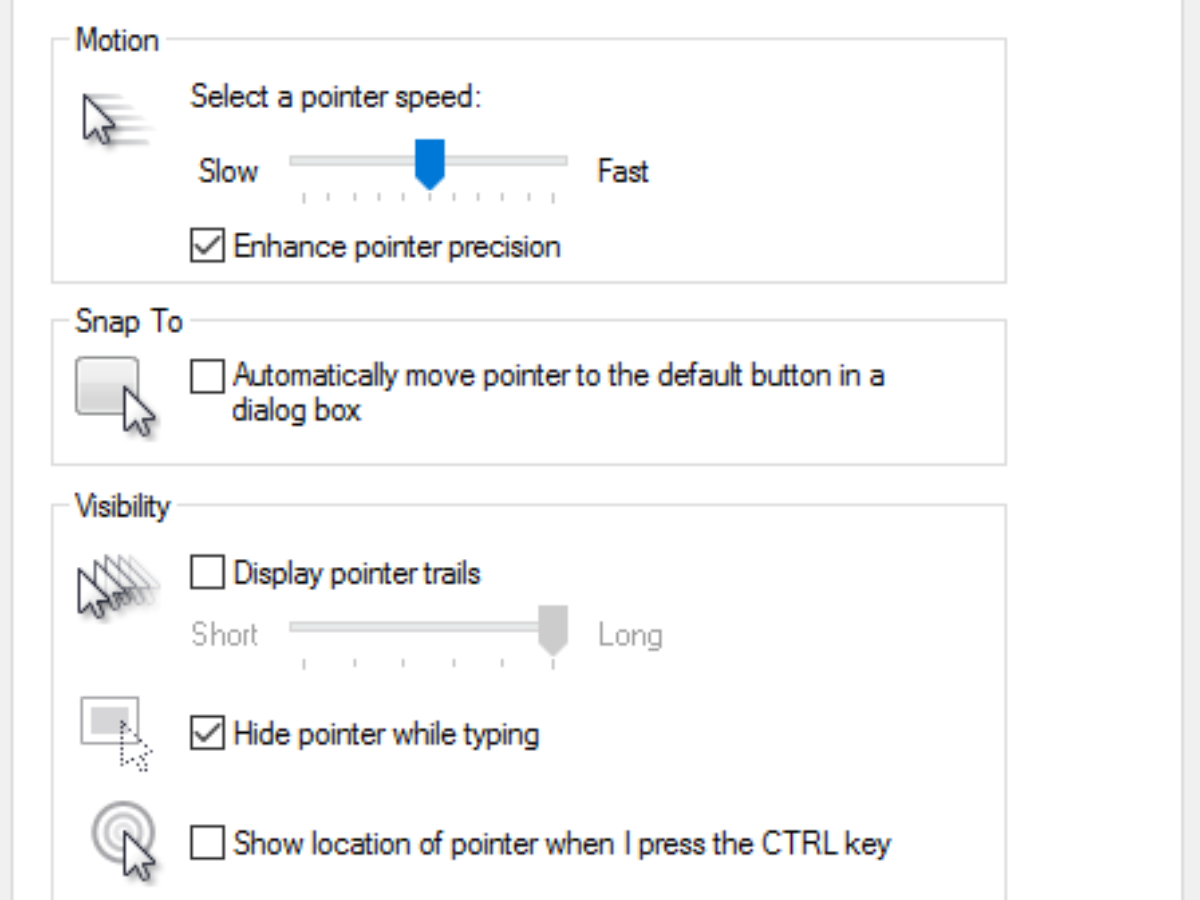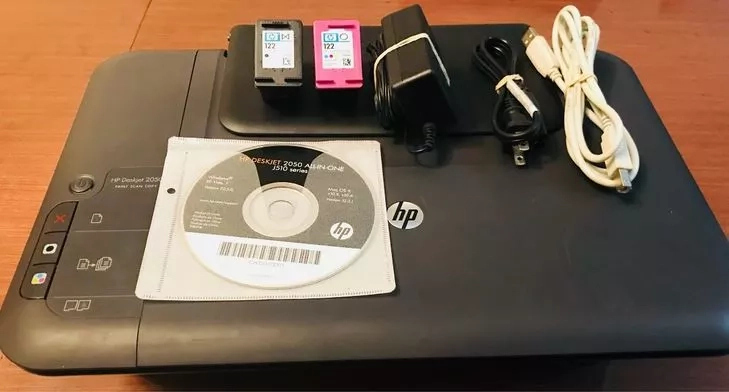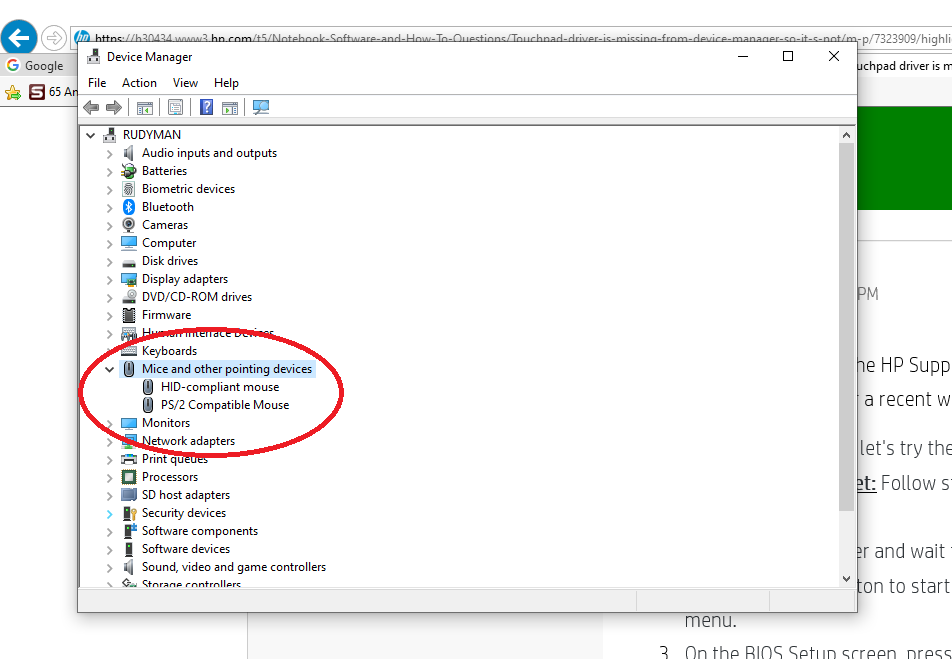- Dialogue Mice & Touchpads Driver Download
- Dialogue Mice & Touchpads Drivers
- Dialogue Mice & Touchpads Drivers Download
The prolific Nobel and Pulitzer-prize winning author created full, vibrant universes peopled with lasting characters. His dialogue is such that a reader can hear it as if spoken aloud; the words do not lie inert on the page. From Of Mice and Men: 'I forgot,' Lennie said softly. 'I tried not to forget. Honest to God I did, George.' Speaking in a different voice for each character when reading dialogue aloud. Cognitive Complexity: Level 2: Basic Application of Skills & Concepts. Cluster 3: Integration of Knowledge and Ideas STANDARD CODE STANDARD. LAFS.2.RL.3.7 Use information gained from the illustrations and words in a print or digital. A Whole Lot of Shaking Going On What Should I do? Moonquakes Seismographs, Pizza, and Football Did I Just Cause an Earthquake? How to Shorten an Earth Day. 1 Nov 2018: SACEOS: The MICE Dialogue on Data Protection 1 Raffles Boulevard, Level 3 Venue Management Office, Suntec City, Singapore 039593. “Of Mice and Men” is an American classic and for a good reason. It’s a short but extremely profound story that will stay with you long after the last page is turned. Through seemingly ordinary events and through the eyes of seemingly ordinary characters, Steinbeck weaves a story of George and Lennie, two workers who travel from one.
The pages numbers listed below refer to the Penguin Books edition of Of Mice and Men, published in 1993.
Chapter 1, page 7:
“I could get along so easy and so nice if I didn’t have you on my tail.”
- George
George continues to acknowledge that caring for Lennie makes his life more difficult, yet he’s compelled by a sense of duty or moral obligation to keep caring for Lennie. While George’s statement is true, it masks his compassion for Lennie and his loyalty to keeping him alive and safe.
Chapter 3, page 56:
“How long’s it gonna be till we get the little place an’ live off the fatta the lan’ –an tend the rabbits?”
- Lennie


Repeated several times throughout the novel, this quotation illustrates the American Dream of saving up enough money to purchase one’s own property. This dream provides a diversion for George, Lennie and Candy for a period of time, but ultimately is unachievable for the three men. This quotation also illustrates Lennie’s childlike attitude and behavior and his obsession with tending small furry animals, which he eventually harms.
Chapter 3, page 61:
“I ought to of shot that dog myself, George. I shouldn’t of ought to let no stranger shoot my dog.”
- Candy

This quotation illustrates Candy’s remorse over allowing someone who did not care about his dog to end its life. It foreshadows the decision George will have to make in the final chapter of the book.
Chapter 6, page 107:
“Now what the hell ya suppose is eating them two guys?”
- Carlson
The final piece of dialogue in the novel, this quotation uttered by Carlson to Curley illustrates the two men’s lack of awareness regarding the dreadful events that have just unfolded. The “two guys” referenced are Slim and George who at the novel’s end glumly walk away from Lennie’s body and the rest of the men. Unlike Carlson, Slim realizes that George has made the difficult decision to kill his best friend in order to prevent the impending brutality he would face. Slim offers George a drink, and the two men who have been emotionally affected by this incident depart, leaving the ignorant men behind to clean up the mess.
From the opening of the novella to George instructingLennie in preparation for their arrival at the ranch (nightfall)
Summary
The story opens with the description of a riverbed inrural California, a beautiful, wooded area at the base of “goldenfoothill slopes.” A path runs to the river, used by boys going swimmingand riffraff coming down from the highway. Two men walk along thepath. The first, George, is small, wiry, and sharp-featured, whilehis companion, Lennie, is large and awkward. They are both dressedin denim, farmhand attire.
As they reach a clearing, Lennie stops to drink from theriver, and George warns him not to drink too much or he will getsick, as he did the night before. As their conversation continues,it becomes clear that the larger man has a mild mental disability,and that his companion looks out for his safety. George begins tocomplain about the bus driver who dropped them off a long way fromtheir intended destination—a ranch on which they are due to beginwork. Lennie interrupts him to ask where they are going. His companionimpatiently reminds him of their movements over the past few days,and then notices that Lennie is holding a dead mouse. George takesit away from him. Lennie insists that he is not responsible forkilling the mouse, that he just wanted to pet it, but George loseshis temper and throws it across the stream. George warns Lenniethat they are going to work on a ranch, and that he must behavehimself when they meet the boss. George does not want any troubleof the kind they encountered in Weed, the last place they worked.
Dialogue Mice & Touchpads Driver Download
George decides that they will stay in the clearing forthe night, and as they prepare their bean supper, Lennie crossesthe stream and recovers the mouse, only to have George find himout immediately and take the mouse away again. Apparently, Lennie’sAunt Clara used to give him mice to pet, but he tends to “break”small creatures unintentionally when he shows his affection forthem, killing them because he doesn’t know his own strength. Asthe two men sit down to eat, Lennie asks for ketchup. This requestlaunches George into a long speech about Lennie’s ungratefulness.George complains that he could get along much better if he didn’thave to care for Lennie. He uses the incident that got them chasedout of Weed as a case in point. Lennie, a lover of soft things,stroked the fabric of a girl’s dress, and would not let go. Thelocals assumed he assaulted her, and ran them out of town.
With us it ain’t like that. We got afuture. We got somebody to talk to that gives a damn about us.
 See Important Quotations Explained
See Important Quotations ExplainedAfter this tirade, George feels sorry for losing his temperand apologizes by telling Lennie’s favorite story, the plan fortheir future happiness. The life of a ranch-hand, according to George,is one of the loneliest in the world, and most men working on rancheshave no one to look out for them. But he and Lennie have each other,and someday, as soon as they manage to save enough money, they will buya farm together and, as Lennie puts it, “live off the fatta the lan’.”They will grow their own food, raise livestock, and keep rabbits,which Lennie will tend. This familiar story cheers both of them up.As night falls, George tells Lennie that if he encounters any troublewhile working at the ranch, he is to return to this clearing, hide inthe bushes, and wait for George to come.
Analysis
Dialogue Mice & Touchpads Drivers
The clearing into which Lennie and George wander evokesEden in its serenity and beauty. Steinbeck wisely opens the novellawith this idyllic scene, for it creates a background for the idealizedfriendship between the men and introduces the romanticized dreamof farm life that they share. The opening pages establish a senseof purity and perfection that the world, which will prove to becruel and predatory, cannot sustain. Steinbeck also solidly establishesthe relationship between George and Lennie within the first fewpages of dialogue. Their speech is that of uneducated laborers,but is emotionally rich and often lyrical.
Dialogue Mice & Touchpads Drivers Download
Because George and Lennie are not particularly dynamiccharacters (neither of them changes significantly during the courseof the narrative), the impression the reader gets from these earlypages persists throughout the novella. Lennie’s and George’s behavioris relatively static. Lennie’s sweet innocence, the undying devotionhe shows George, and his habit of petting soft things are his major definingtraits from the opening pages to the final scene. Just as constantare George’s blustery rants about how much easier life would bewithout the burden of caring for Lennie, and unconvincing speechesthat always end by revealing his love for and desire to protecthis friend.
